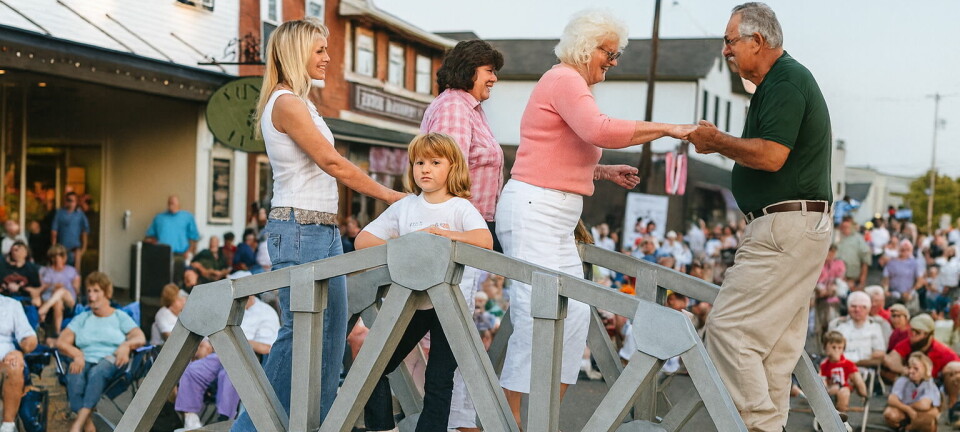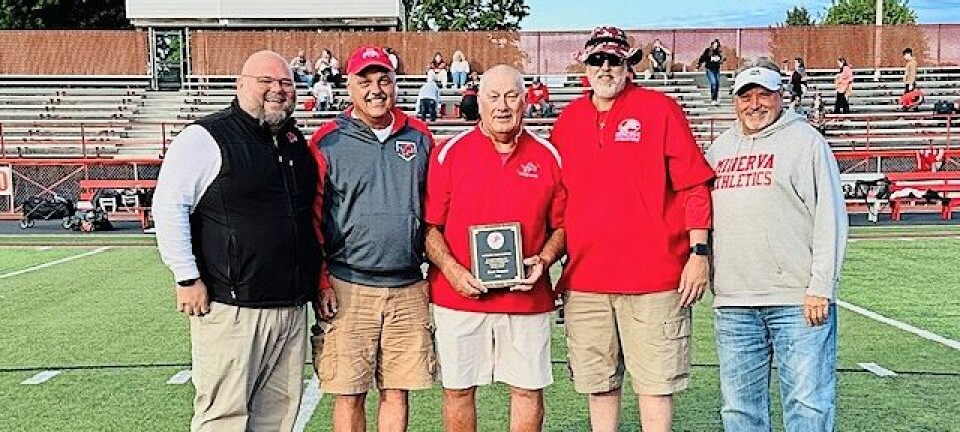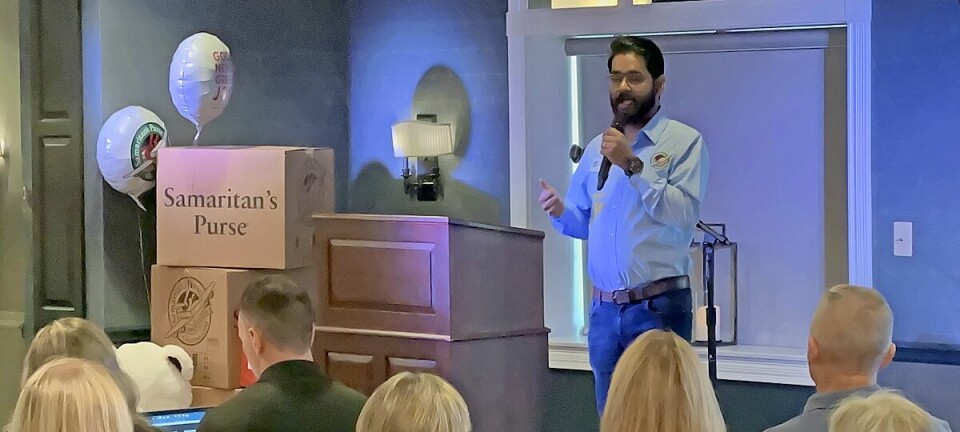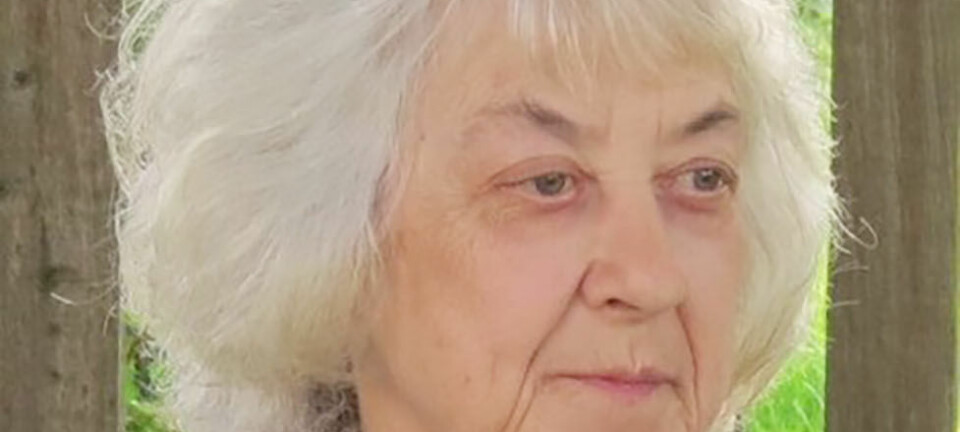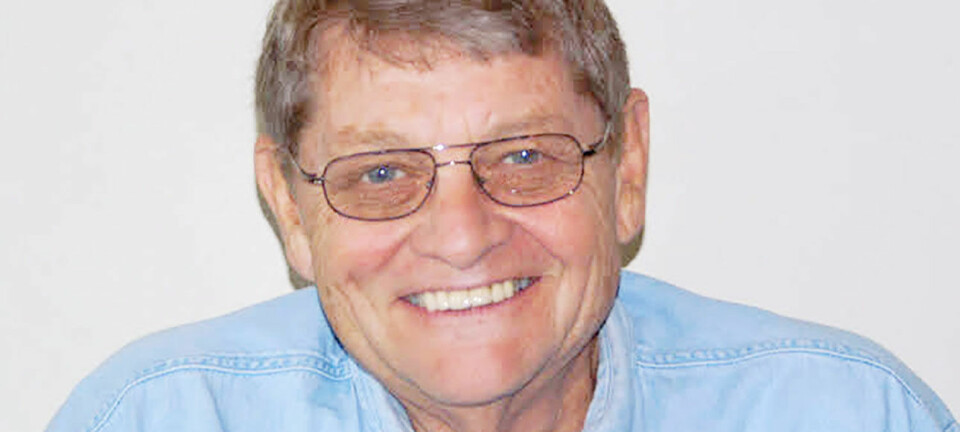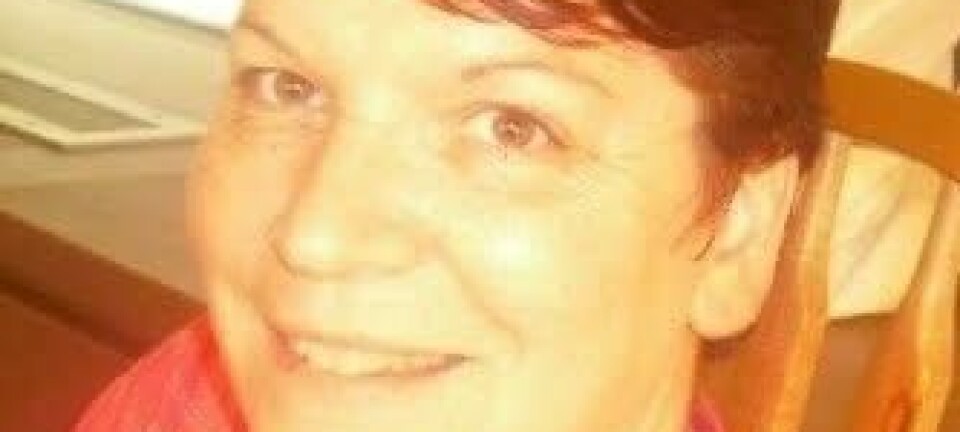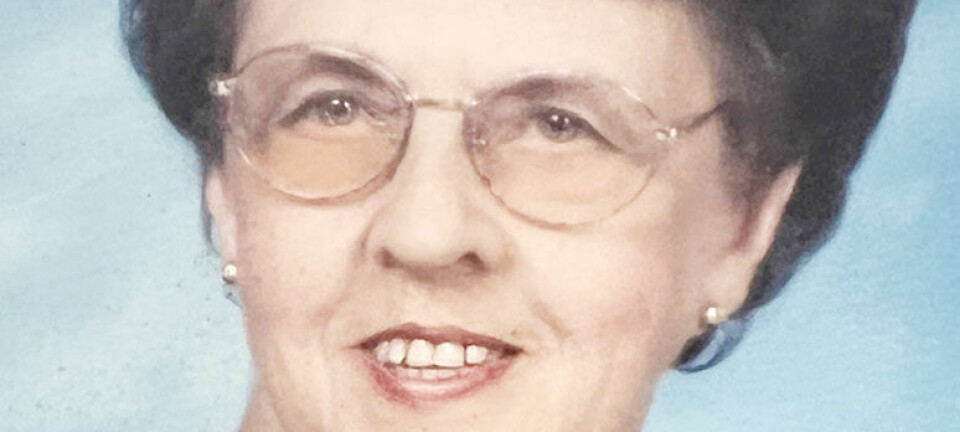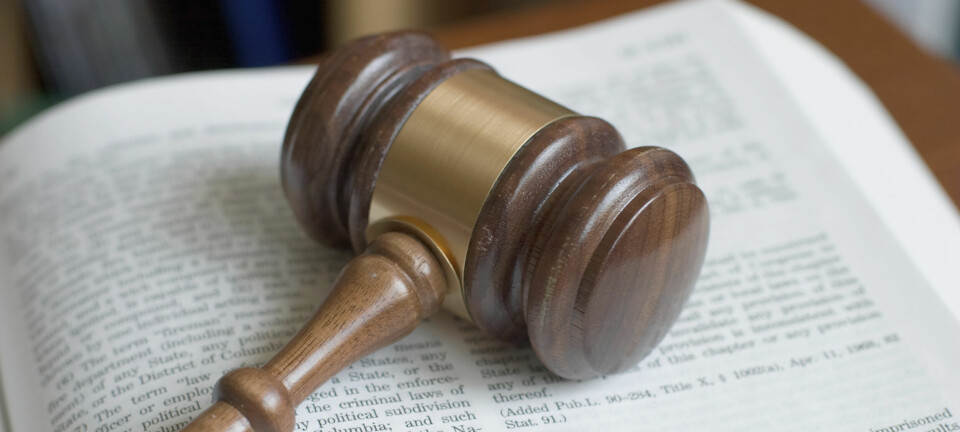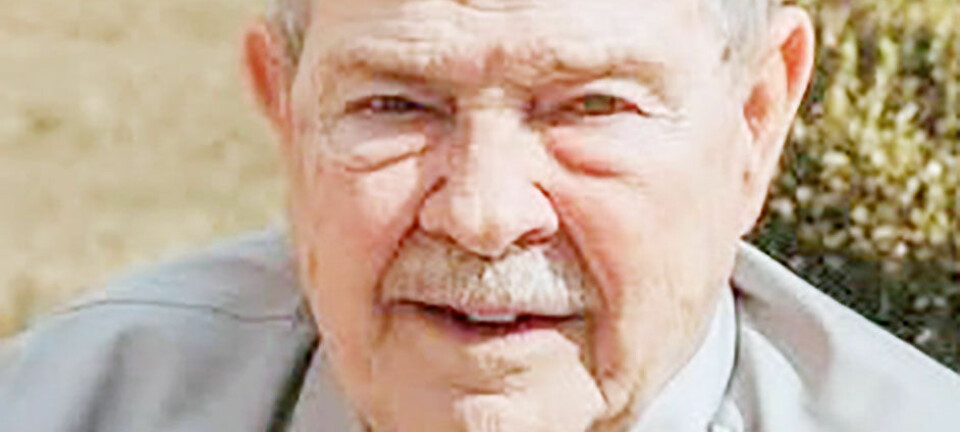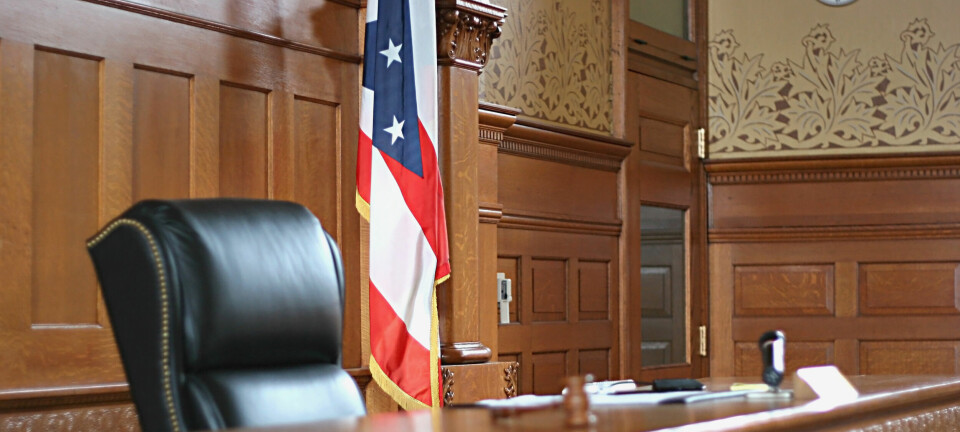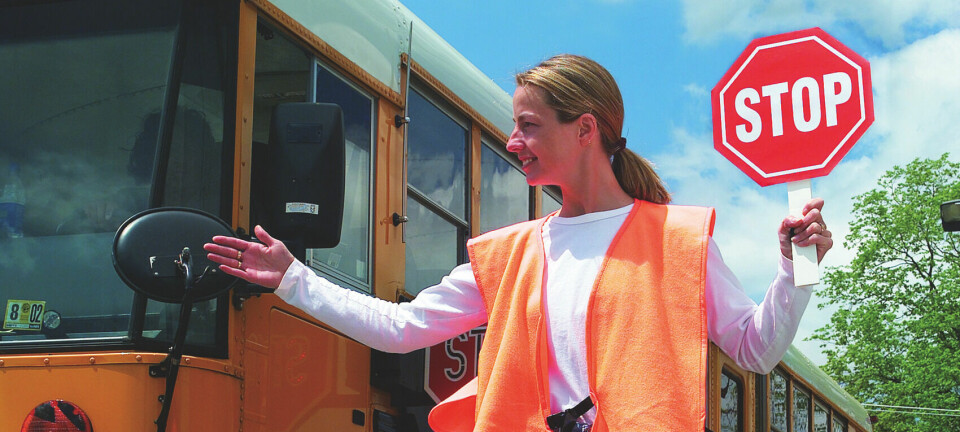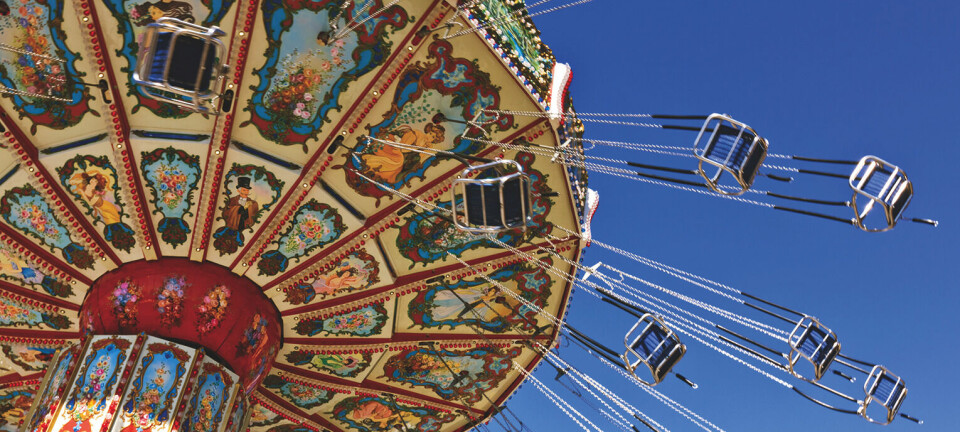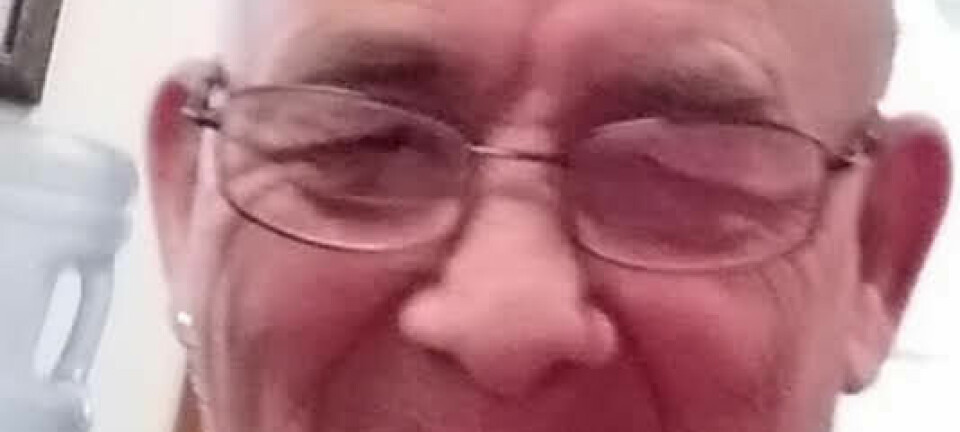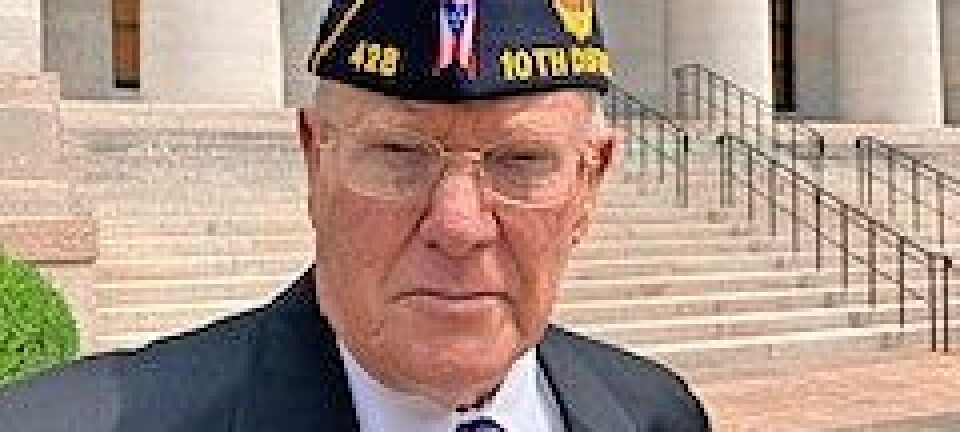Civil rights tour brings Wooster’s past to life
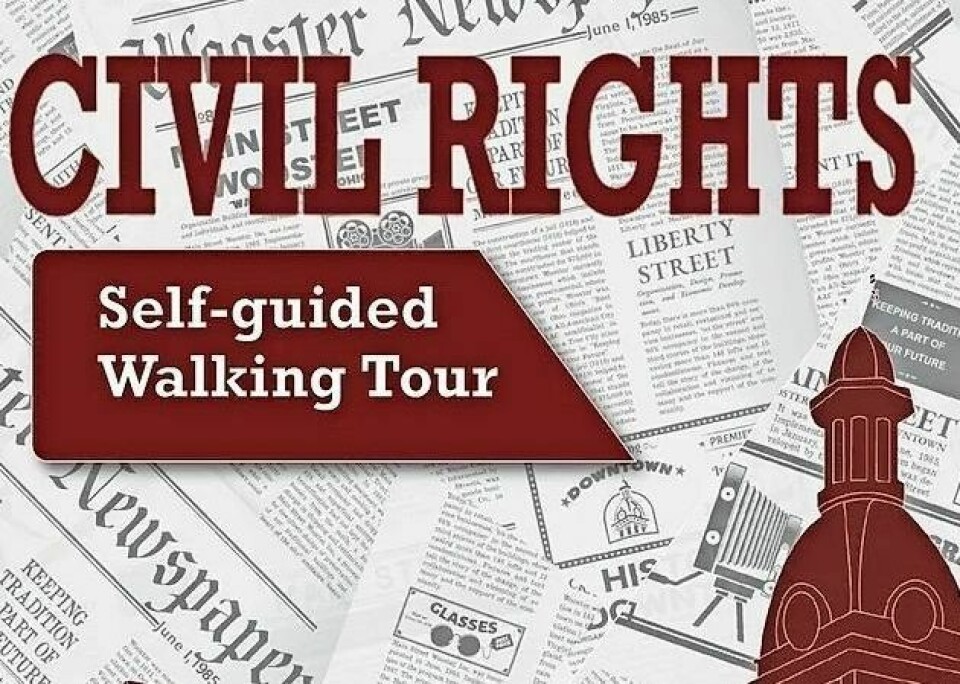
Experience local history firsthand as Main Street Wooster brings the city’s civil rights narrative to life through the Civil Rights Self-Guided Walking Tour, part of Main Street Wooster’s recognition of Black History Month. This free content is available at www.MainStreetWooster.org/civil-rights-self-guided-tour.
Since its founding in 1808, Wooster has been an active participant in the nation’s civil rights journey. The Civil Rights Self-Guided Walking Tour traces the lives, missteps and progress that formed Wooster’s historic fight for the rights of African Americans, women and the Jewish community.
“This is an important topic, and we wanted to make sure we did it justice,” said Kerri Manley, the project coordinator who helped intern Kiera Smith develop the content. “Wooster has such a rich history; it was hard to narrow it down.”
Using audio narration, the interactive tour includes nine stops and tells the stories of the people and places that pushed Wooster’s boundaries to become the city it is today.
The Civil Rights Self-Guided Walking Tour will share stories of Wooster residents like Charles “The Black Cyclone” Follis, the nation’s first black professional football player; Richard Morrison Sr., Wooster’s first black resident and longtime barber; and members of The Carver Club, a black men’s group formed in 1942 at the current E&H Ace Hardware building.
The walking tour also highlights the Wooster buildings that play into the city’s civil rights history such as the following:
—Wooster United Methodist Church, where the Wayne County Anti-Slavery Society was formed in 1836.
—The current First Baptist Church and former Second Baptist Church, which became the city’s first black congregation.
—Wooster Public Square, a center for civil rights activities, particularly the Women’s Suffrage Movement, a century ago.
—The former Brenner’s Brothers clothing store (currently Blue Spruce Boutique), opened in 1920 by Abraham, Simon and Samuel Brenner, part of one of the city’s prominent Jewish families.
—The Clark Building, current home to Broken Rocks Cafe & Bakery and former site of Arcadome Hall, where author Samuel Clemens (Mark Twain) spoke and Frederick Douglass gave two lectures during Ulysses S. Grant’s 1872 presidential re-election campaign.
“It’s important to take pause and reflect this month on black history,” said Guinevere Steensen, Main Street Wooster’s program manager. “This tour is an accessible tribute right on our streets. The walking tour is on your own schedule, simply with smartphone in hand, and takes about 40 minutes. In addition to the tour stops, I loved the additional linked resources to learn more, like charlesfollis.org and a link to the Wooster Digital History Project.”
“We’re excited to give people new reasons to explore our historic downtown,” said Shannon Waller, executive director of Main Street Wooster. “We are currently developing a self-guided walking tour that features public art.”
For more information visit www.MainStreetWooster.org.


